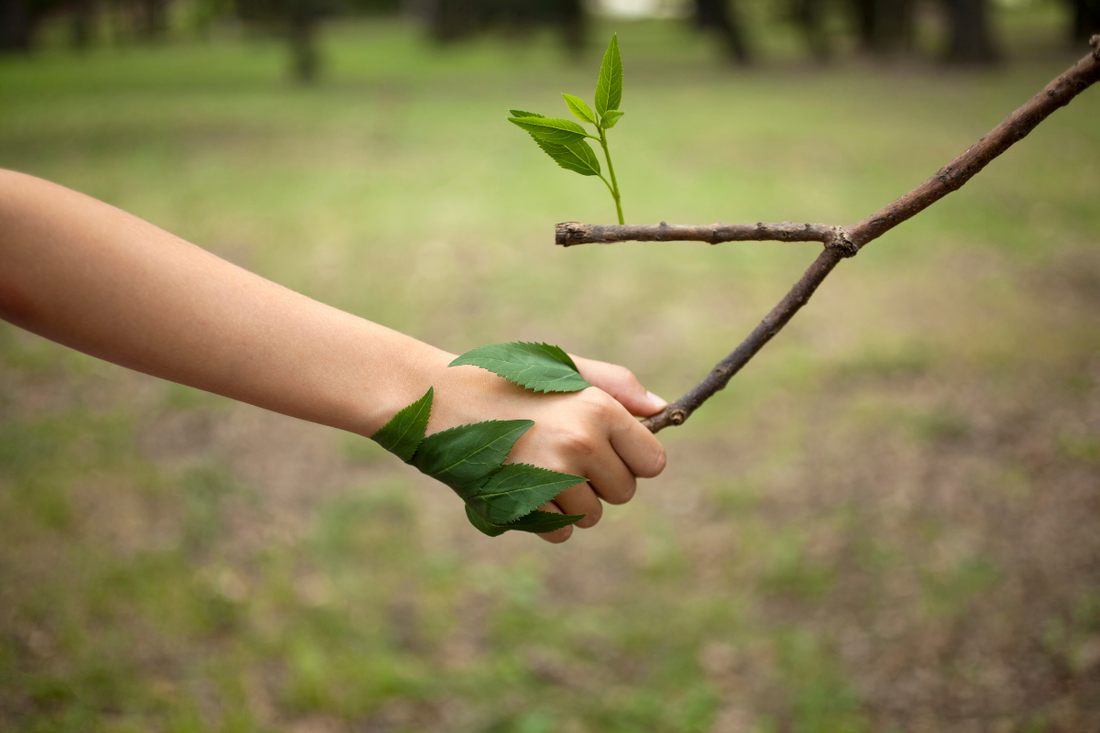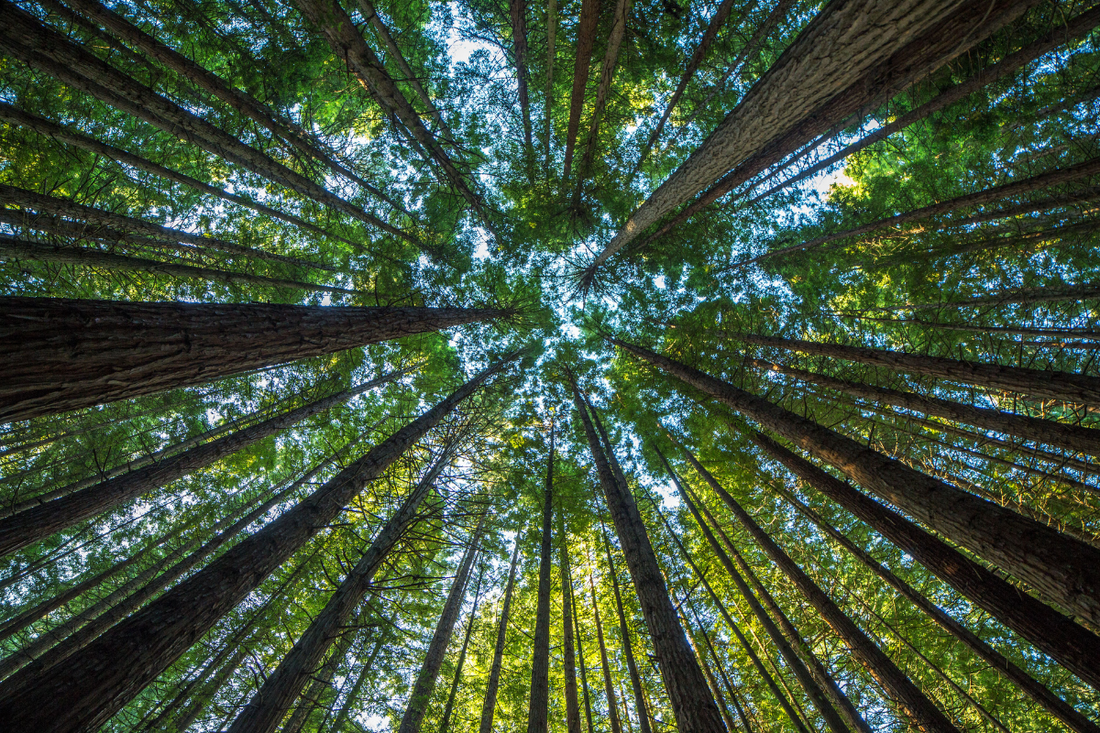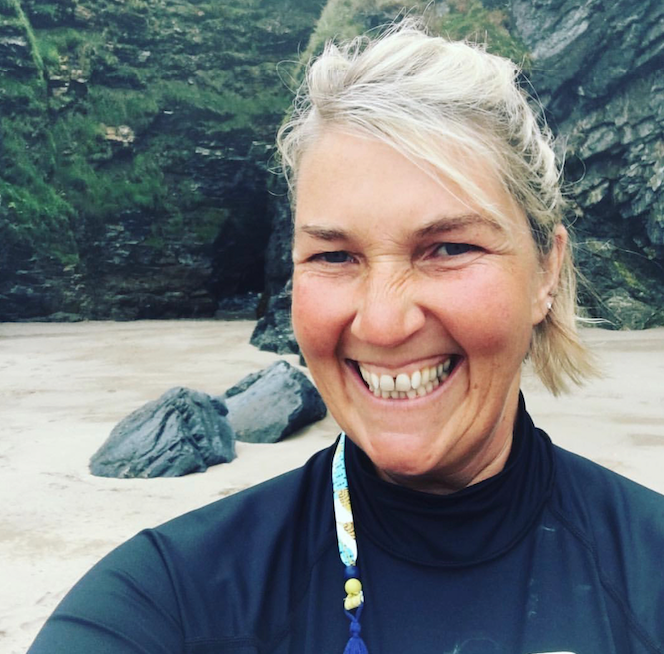|
I want to take this opportunity to introduce you to a phrase I came across the other day – Nature Deficit Disorder. It almost slapped me round the face when I read it! How extremely logical! Richard Louv coined the phrase in his book of 2005 called Last Child in the Woods – saving our children from nature deficit disorder. He didn’t intend it to be a medical diagnosis rather a wake up call and rallying cry. It reminded me of Johan Hari’s work in his book Lost Connections – this notion of how far we, as a species, have come away from our natural habitat and way of connecting, not only with nature but also with each other, and the impact this is having on our mental health. I often talk about how illogical it is that we go to great lengths to provide our pet animals with an environment where they can exhibit natural behaviour patterns - in fact it’s part of law in the Animal Welfare Act 2006! Think of scratching posts for cats, daily walks for our dogs – we wouldn’t dream of depriving them of access to the outdoors where they can sniff around, mark territory, roll in dead animals and fox poo - or is that only my dogs?! In fact…what even ARE our natural behaviour patterns as a species? There is so much written about our base needs, Freud writes about our species-specific forces or drives, Maslow produced a hierarchy of needs, Griffen & Tyrrell propose a series of Human Givens, Seligman’s theory is based around the PERMA model – all as a way of explaining what our species needs to keep us healthy. One thing I feel is missing from all of these is our need for connection with the natural world. There is a mounting body of research demonstrating that access to, and more importantly connection with, nature is imperative not only to our mental but also physical health. This isn’t a new field of study of course; Florence Nightingale in her documents, Notes on Nursing, saw the value of colours, natural light, and aesthetic surroundings in a patient’s recovery process. “It is the unqualified result of all my experience with the sick that, second only to their need of fresh air, is their need of light; that, after a close room, what hurts them most is a dark room and that it is not only light but direct sunlight they want.” – Florence Nightingale This approach to care has since been backed up by considerable research. Roger Ulrich studied patients’ recovery rates post-surgery in relation to whether they had a view or not. He found that those with a view of trees recovered more quickly, took less medication and felt less depressed than those whose rooms had no view. Multiple studies have demonstrated a link between tree lined streets and decreased usage of prescription medication for depression. In her book Losing Eden, Lucy Jones highlights the ever-declining connection with nature through the generations. Just take a minute to reflect on how much your grandparents generation knew about the different types of trees and plants, species of birds, and how to grow and preserve fruit and vegetables for the table. As the population has migrated to the cities so has the connection with nature dwindled. A recent 15-year long study in Japan revealed serious decreasing trends in both wildlife observation frequency and knowledge about or interest in wildlife, especially among children. This in a country that has brought us forest bathing… Given the state of the planet this feels like a desperately sad and potentially terminal (for our species and many others) state of affairs.
So…. What can we do about it?! All this awareness is one thing but it is quite another to do something about it! I am increasingly aware that we need to capitalise on this growing awareness and get proactive about HELPING the natural world restore some semblance of balance. Here are some coaching questions to help us all reflect on our connection with nature: How do you currently connect with nature? How often does this happen? Make a list of all the ways you could connect with nature more Which ones are you able to implement? How can you enable others to connect with nature more? What one thing can you do to help the natural world re-wild or re-generate? Some useful links: Every Child Outdoors (rspb.org.uk) - Children need nature, nature needs children MHAW21_Nature Report (mentalhealth.org.uk) - How connecting with nature benefits our mental health |
AUTHOR: ANNIE LEEAnnie is a coach, coach supervisor & coach adventurer! Warmth, depth & joy sum her approach up in a nutshell! CategoriesArchives
May 2024
|




 RSS Feed
RSS Feed
